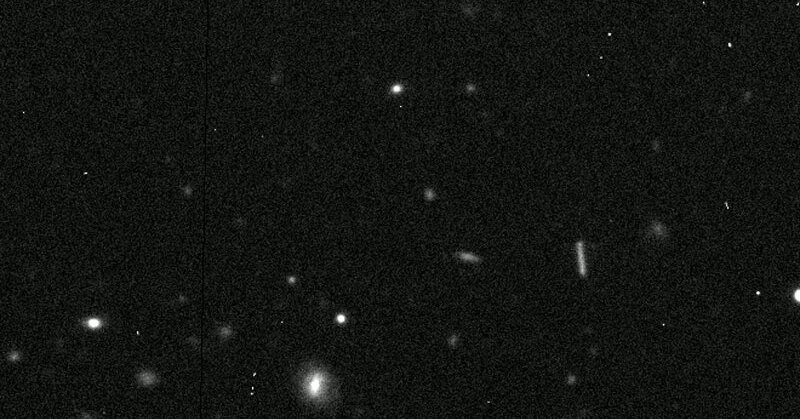The W.N.Y.C. science program “Radiolab” partnered with the International Astronomical Union to solicit nearly 3,000 submissions. The Roman goddess of doorways and transitions won out.
For thousands of years, Cardea has been known as the Roman goddess of doorways and transitions, a guardian of thresholds. On Monday, she joined the celestial ranks of fellow mythological figures like Mars, Venus and Andromeda.
But Cardea is not a planet or a constellation. She is as a quasi-moon — a very-real type of asteroid that appears to be doing a special orbital dance around Earth.
The International Astronomical Union, the organization of scientists charged with awarding official names to space objects, selected Cardea through a naming contest that generated more than 2,700 entries. The winning name was submitted by Clayton Chilcutt, 19, a sophomore from the University of Georgia, who participated in the contest as part of an extra credit assignment in an introductory astronomy class.
“I came across Cardea, and when you read the description, it just sounds celestial,” said Mr. Chilcutt, an accounting and finance major, adding that his “small contribution to science” was now part of the history books.
The contest was sponsored in part by the popular W.N.Y.C. audio program “Radiolab,” which featured an episode about a quasi-moon near Venus last year after Latif Nasser, one of the hosts, found himself staring at an astronomy poster on his son’s wall. On the poster, Venus had a moon, and the moon had a quirky name: “Zoozve.”
